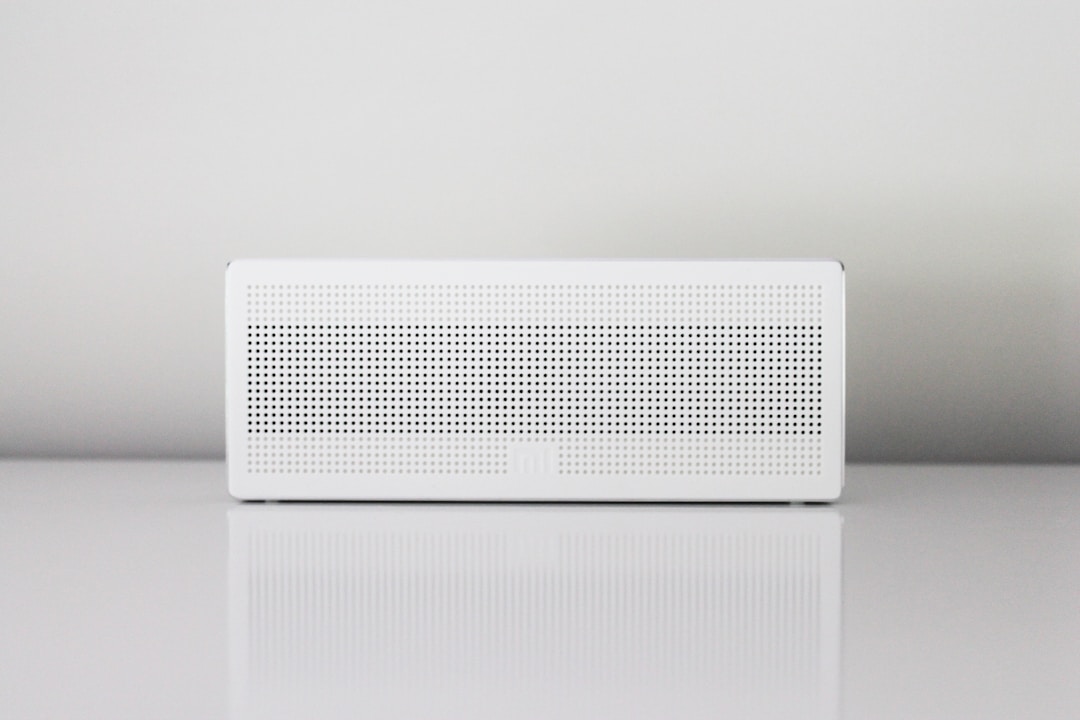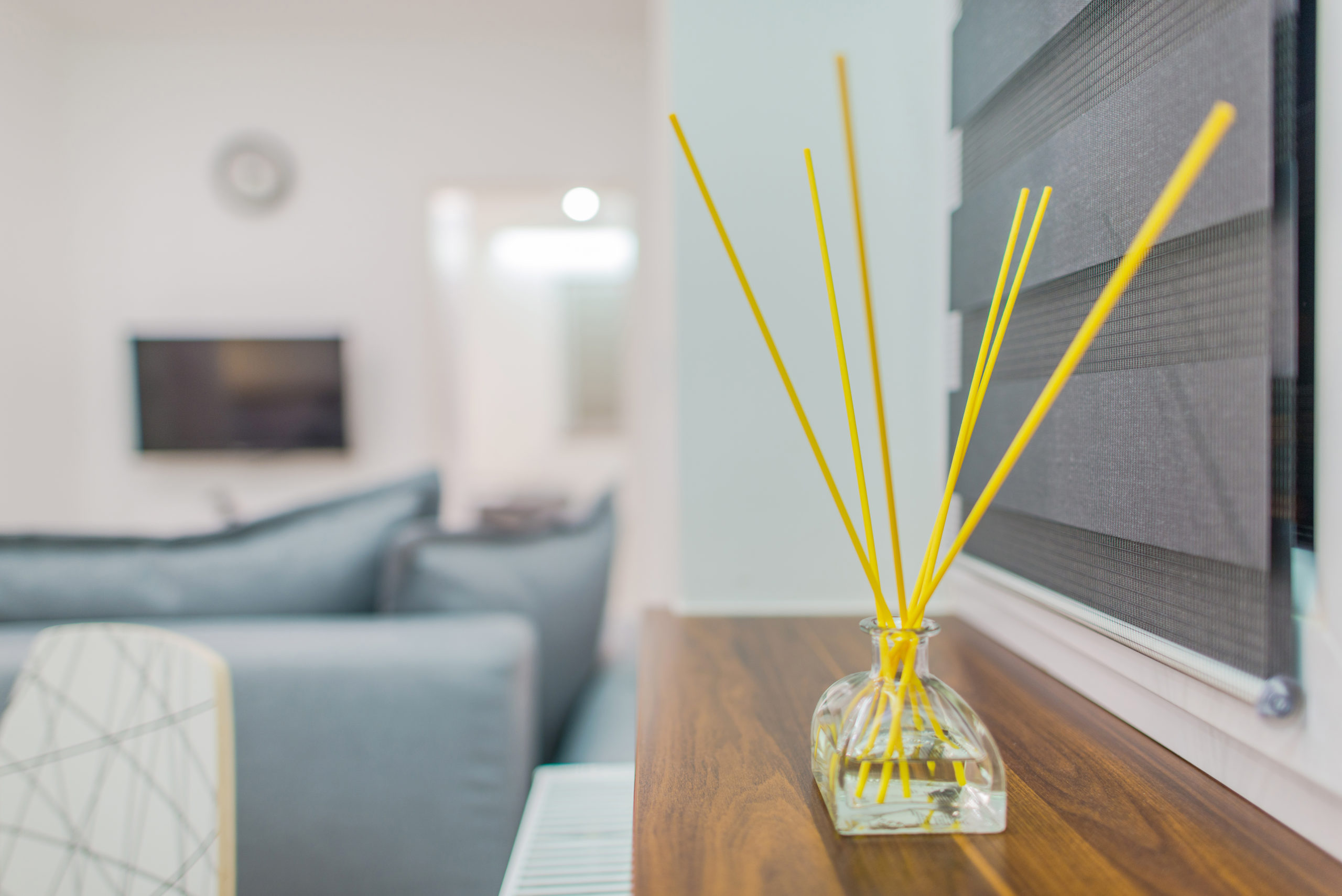The importance of indoor air quality can’t be overstated for homeowners. The quality of the air you breathe can have a meaningful effect on your household’s health and safety, as well as your comfort. Allergy sufferers and those with asthma, in particular, can be vulnerable to the effects of poor indoor air quality.
However, many homeowners don’t know what they can do to protect or improve the quality of their indoor air. You might be surprised to learn there are a number of steps you can take, both large and small, that will make a meaningful difference in your home. Keep reading to learn more about three factors that can improve your air quality indoors.
1. Make sure your HVAC system is in good working order.

If you need an HVAC technician, look for companies like this one focused on improving your indoor air quality in Wildwood, FL. You want to use a contractor with years of experience with a variety of different heating and air conditioning solutions. If you’re unsure about the condition of your HVAC system or you just need routine maintenance done, you should reach out to a company that can solve your problems as soon as possible if you want to keep the air in your home clean.
Your first line of defense against poor air quality is your HVAC system. However, your HVAC system can only help if you take care of it. You should have it inspected at least once annually and have your filters changed every 90 days. If the system is over ten years old, it may be time for a replacement. It’s always best to get expert advice for any issues related to heating and air conditioning, considering how essential they are to your comfort and safety.
2. Keep your home clean.

Cleanliness can play a role in the quality of the air in your home. A clean house can cut down significantly on the presence of allergens like dust and pet dander. Your priority when cleaning should be to eliminate sources of contaminants like mold and dust. Experts recommend vacuuming at least once or twice a week with a vacuum that has a HEPA filter.
Bedding, drapes, and other items that can hold onto and trap allergens should also be cleaned or laundered regularly. You can also purchase products like dust-mite-proof pillows, mattresses, and box springs. Allergy sufferers should consider using products like these whenever possible.
3. Invest in an air purifier.

One product that can provide additional protection, particularly for those with allergies, is an air purifier. Air purifiers are most useful when placed in high-traffic areas of the house or rooms where you spend the most time. While you may not be able to eliminate the presence of irritants, an air purifier can make a significant difference for many people.
You may also want to consider a dehumidifier. While you may not need one in every room, damp areas like the basement can be vulnerable to mold growth. Bathrooms are also potential sources of mold, so you should ensure that they’re well ventilated. Removing visible mold as soon as you see it is also essential.
Indoor air quality problems can cause severe issues in your home and should always be dealt with as soon as possible. The first thing you should consider is that there is an issue with your HVAC system or that it needs a filter change. There are few parts of your home that will play a bigger role in the quality of your indoor air. Keeping your home clean is another simple way to reduce the presence of common irritants like dust and pet dander. Additions like air purifiers and dehumidifiers can also be useful, depending on your home’s specific needs. While homeowners often have a lot on their plate, you should always make time to take care of your indoor air quality.




